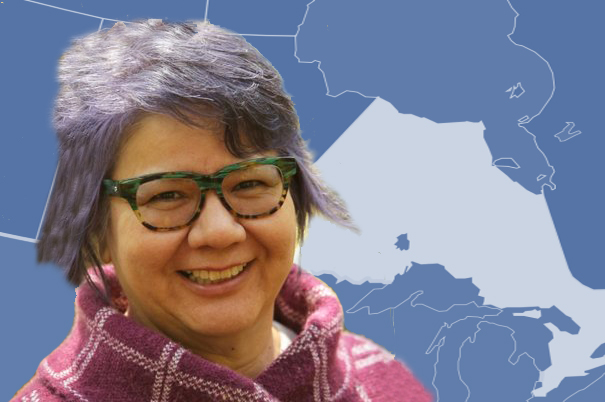By Jake Cardinal, Local Journalism Initiative Reporter
(ANNews) – On Wednesday February 23, 2022 Assembly of First Nations (AFN) National Chief RoseAnne Archibald held a press conference as Canadian Prime Minister Justin Trudeau ended the government’s use of the Emergencies Act.
The National chief expressed her concern over the Act during the press conference, believing the federal and provincial governments would use the act against First Nation activists should a protest arise.
“I am really concerned, though, about the long-term future of protests and civil actions First Nations might take and when is the situation going to be deemed an emergency?” said Archibald. “And will the government, now that it’s utilized this act for non-Indigenous people, quickly act when our people are involved in civil actions or actions or protests in the future? It’s something that’s on my mind and I’m very concerned about.”
Prime Minister Trudeau invoked the Emergencies Act on February 14 in order to disperse the “Freedom Convoy” protests and “occupations” across Canada that disrupted the country’s supply chains and daily infrastructure for several weeks.
The Act grants police the power to designate areas as “no-go zones” that prohibit public assembly and the ability to freeze protesters’ bank accounts and seize assets.
During her press conference, Archibald recalled the Tyendinaga Mohawk Territory rail-way protests in 2020 and speculated over what the government could do should a similar situation happen.
“First Nations have valid concerns in this country around lands and water, particularly land rights, and if they’re defending their land rights where does the government draw the line? I think that hopefully we can get into situations where we’re in positive negotiations around the actions,” said Archibald.
While the government notified Archibald prior to the enactment, she said that it was a short conversation with Crown-Indigenous Relations Minister Marc Miller.
“There are going to be more discussions in terms of long-term impact of the Emergencies Measures Act on First Nations in the future,” she said.
The AFN will be conveying their concerns in letters to the Prime Minister and other politicians, as well as releasing press releases and statements, added Archibald.
Meanwhile Andrew Crosby, a Ph.D. candidate and researcher at Carleton University, told APTN that he doe not “think the Act is going to deter Indigenous communities from defending their land.”
“But if it gives more powers to police and to security institutions to repress and suppress Indigenous-led movements to defend their land, then that could be a real concern.”
Crosby discussed the initial response to the protest, saying that police failed to react properly because they are conservative-leaning in nature. “We really see this coming to the fore in these freedom convoy protests,” he said.
Far-right groups tend to “always attract” both active and former military personnel Crosby iterated.
Archibald said she was not surprised at the police response “because it’s their own system.”
“When non-Native politicians look at their own citizens, their own non-Indigenous citizens in a state of protest against their very own laws and regulations and policies those governments are enacting, they have to respond to that because that’s their electorate,” she said.



Be the first to comment on "AFN National Chief explains her concerns about Canada’s Emergency Act"